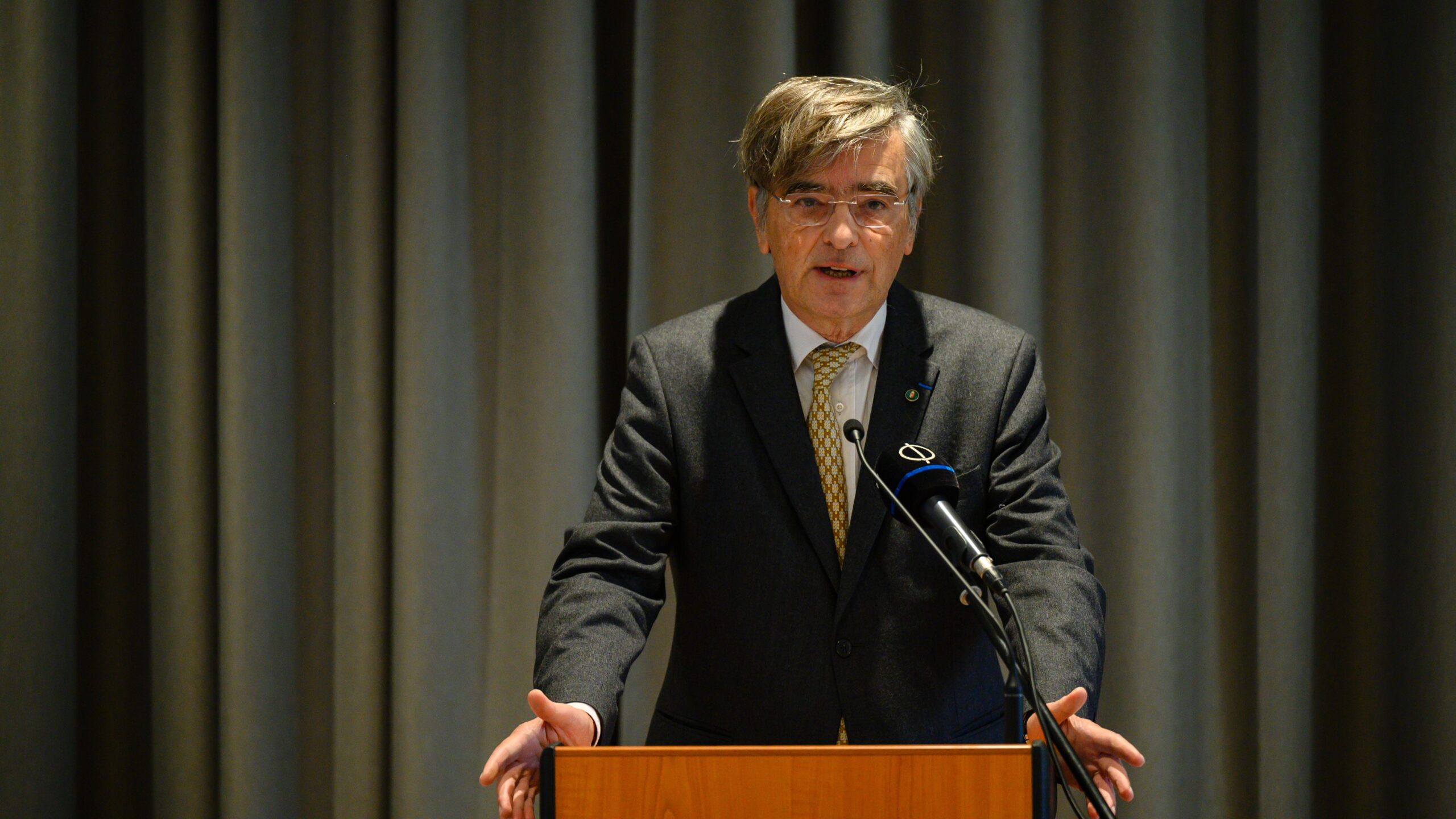Franco–Hungarian diplomat György Károlyi was interviewed by right-wing outlet Boulevard Voltaire on the final deadline for the €200 million fine imposed on Hungary by the Court of Justice of the European Union (CJEU), initially imposed on 13 June If Hungary does not pay by 17 September, the European Commission intends to deduct the €200 million from Hungary’s allocated share of the EU budget.
Yet according to the former ambassador to France, the European Commission had initially asked the Court for a fine of 7 million euros and a penalty payment of 15,000 euros per day. Instead, the Court imposed a fine of 200 million (29 times higher than requested) and a penalty payment of 1 million per day (67 times higher than requested). The former ambassador further lamented that as European Union itself is trying to end illegal immigration, Hungary’s success in doing so should warrant it accolades rather than sanctions, outlining the fact that the Union is still withholding 20 billion euros from the cohesion funds and the recovery plan that are due to Hungary. He concluded that ‘the leaders of the Union still do not understand that the sovereignty of a country cannot be bought with money.’
György Károlyi, who studied at Sciences Po Paris, has spoken on multiple occasions about Hungary’s immigration policy in French media outlets during his 2015–2021 mandate as ambassador of Hungary to France.
In June 2018, the former ambassador was interviewed by centrist daily Ouest France on Europe’s approach to various issues. He declared: ‘Every political action calls for criticism, it is the basis of democracy…
But too often, the ignorance about Hungary and its political choices is evident in many criticisms.’
The former ambassador expressed his government’s perplexity before the reactions of some to the building of the border barrier starting in 2015: ‘Hungary is accused of building a “wall”. But the Schengen Convention requires border controls! How do you do it?’
In September 2020, the former ambassador spoke with conservative weekly Le Point on how migration flows should be approached. At the time, the European Commission had presented the main points of its proposed new migration pact. The former ambassador’s diagnosis was that ‘the return of rejected migrants to their country is the great weakness of the experience of the last five years’ and that ‘the whole proposal aims—once again—at a “good management” of migration, while our position is exactly the opposite: instead of managing— well or badly, it doesn’t matter—migration, it is necessary to stop it.’
The former ambassador even believes the means to do so are there but are just not employed: ‘Almost three years ago, the V4 offered the Commission a contribution of 35 million euros to finance equipment to prevent migrant boats from leaving Libya. Today, this 35 million has not been spent.’ As regards Hungary’s obligations to the 1951 Refugee Convention, the former ambassador remarked that it ‘was concluded 70 years ago in a completely different context, which obviously did not take into account the case of mass immigration’, rendering its exact application today ‘not only absurd, but legally unfounded.’
The former ambassador also warned that ‘the presence in this game of the rule of law, of which there is no unanimously accepted normative definition and which, for this reason, opens the door to the most uncontrollable political arbitrariness, is extrinsic to the subject and has no place in this mess.’ Finally, when asked about a possible schism in the European Union, the former ambassador answered: ‘The “European solution” sometimes—if not most often—involves different but complementary solutions from country to country, in the best interests of the whole.’
In April 2021 the current ambassador of Hungary to France, Georg (György) Habsburg–Lothringen gave an interview of his own to centre-right weekly Le Figaro. The issue of migration was only a minute part of it, but the ambassador made it clear that ‘Hungary is a member of the European family, and only makes its decisions in accordance with the ideas of the founders of Europe’, while also underlining that ‘Central Europe has its own history, values, traditions and political and social conceptions that must also be represented in Brussels.’
Related articles:








